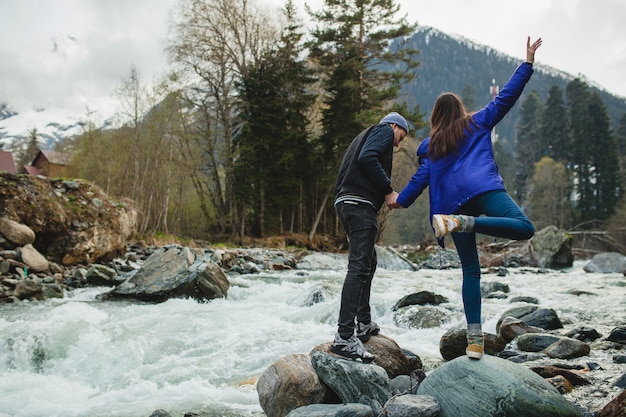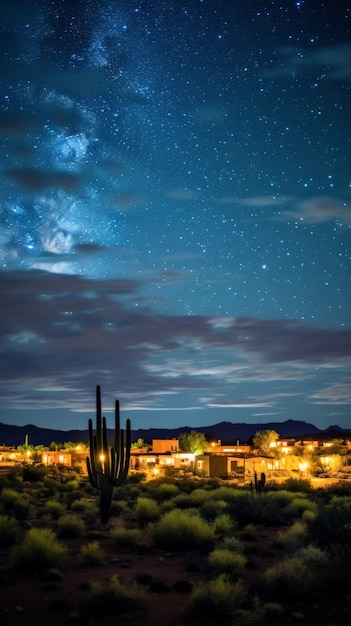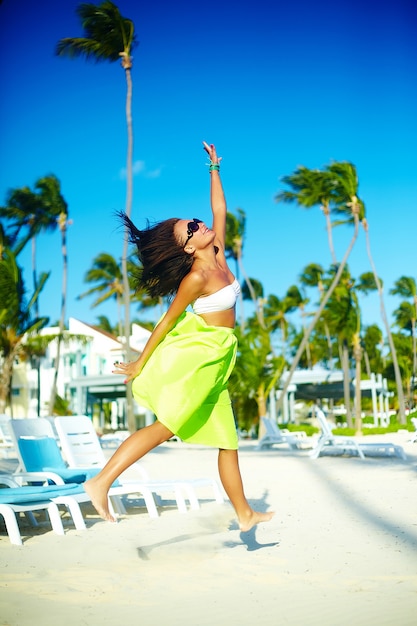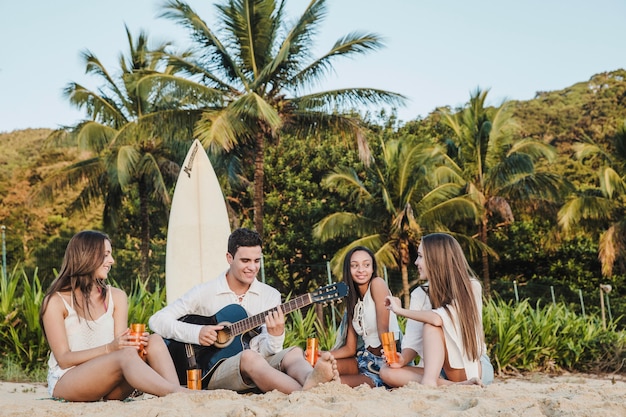
Is Jacksonville Safe? | Weather | Tips | Risks | Areas | FAQs
When planning a trip, it’s crucial to ensure your destination is safe. Is Jacksonville safe? After visiting the city for five years and living here full-time for a year, I can assure you that Jacksonville is a safe place for tourists. Just like other big cities, you need to know which areas to visit and which to avoid.
Jacksonville was ranked 16 on the “Best Places to Live” in the U.S. by U.S. News. It’s a beautiful city with plenty to offer—great areas to stay, countless activities, and it’s a fantastic base for memorable day trips. Here’s more about Bold City and its overall safety.
Tourists generally don’t need to worry about safety in Jacksonville. Places like downtown and the beach areas are perfectly safe and known for low crime rates.
The weather can get intense in the rainy months (August and September), so plan your trip accordingly. Flights might be delayed and road travel can be tricky at times, but bad weather typically passes quickly in Jacksonville.
Living in Jacksonville, I’ve never felt my safety was at risk, and tourists should feel at ease too.
Jacksonville’s weather varies significantly with the seasons. While many think of Florida as warm year-round, summers here are hot and humid, but winters can be quite cool, with temperatures ranging from 46 to 95 degrees annually.
Expect heavy rain and thunderstorms in summer and crisp, bright days in winter. No matter when you visit, Jacksonville’s beauty and fun activities abound.
I love that Jacksonville’s subtropical climate means just when the sunshine gets too much, some rain comes to offer a break before the sun returns.
Severe storms can occur from late May to September, with heavy rain, lightning, strong winds, hail, and even tornadoes. July through September is the peak of the stormy season. Notably, Hurricane Dora in 1964 and Tropical Storm Irma in 2017 caused significant flooding in Jacksonville.
Hurricane season runs from June 1st to November 30th, peaking between mid-August and late October. Due to Jacksonville’s location, hurricanes and tropical storms usually miss the city, so significant damage is rare.
Safety is generally not a concern for visitors and residents in Jacksonville. While there are high-crime areas to avoid, most tourist spots are safe. It’s always a good idea to do your research before choosing where to stay.
Jacksonville’s overall crime statistics might seem high, but they don’t represent the popular tourist areas. Neighborhood Scout gave Jacksonville a crime index of 8, indicating it’s safer than 8% of U.S. neighborhoods, with a crime rate of about 33.76 per 1,000 residents.
Despite these numbers, there are many safe areas in Jacksonville, and steps are being taken to improve safety. In 2021, there was a 28% drop in violent crime.
From exploring Jacksonville extensively, I’ve identified the safest neighborhoods:
1. Eagle Bend: The safest neighborhood with a crime rate 94% lower than the city average, surrounded by nature and affordable.
2. Ortega Forest: Affluent and very safe, with a crime rate 81% lower than the city average, featuring historic riverfront mansions.
3. Girvin: A lively beach town popular with the younger crowd, with a crime rate 77% lower than the city average.
Although Jacksonville ranks as the 10th-worst city for potential scam victims in Florida, which, overall, is the second-worst state for scams, most of these scams target senior citizens.
Common scams include:
– Email scams: Disguised as delivery services, tricking victims into providing personal information.
– Phone scams: Scammers record responses to “Can you hear me?” and use them for unauthorized agreements.
Jacksonville has a vibrant LGBTQ+ community, but a 2017 study revealed that 75% experienced threats and harassment. Efforts are underway to address this through Jacksonville’s Human Rights Ordinance.
Jacksonville’s tap water is safe to drink, tested over 50,000 times a year by JEA. However, some locals feel the taste could be improved.
I’ve learned several tips for dealing with Jacksonville’s unpredictable weather:
– Keep an extra layer in the car: It’s helpful for both the cold AC in summer and the sudden temperature drops in winter.
– Always use sunscreen and bug spray: Essential year-round due to the sun and bugs.
– Carry a small umbrella: Summer thunderstorms can occur suddenly.
Even in the safest areas, it’s wise to stay aware of your surroundings. Avoid walking with earbuds, don’t walk alone at night, and use cross-body bags.
Popular locations like Jacksonville Beach, San Marco, and Southside are good choices for safe neighborhoods. Avoid carrying valuable items to minimize theft risk.
Plan ahead to ensure your visit to Jacksonville is enjoyable and safe. Know the neighborhoods to visit and avoid.
Some of the safest neighborhoods include:
– Eagle Bend: Extremely safe but far from the city center.
– Isle of Palms: Beautiful and very safe, located near Jacksonville Beach.
– Cobblestone: Walkable and safe in Northeast Jacksonville.
Avoid the following high-crime neighborhoods:
– 29th and Chase: With a crime rate 402% higher than the national average.
– East Jacksonville: 372% higher than the national average.
– Mid-West Side: 379% higher than the national average.
Frequently Asked Questions:
– Jacksonville’s crime rate is higher than the national average, but tourist areas are safe.
– Unsafe areas include 29th and Chase, East Jacksonville, and the Mid-West Side.
– It’s generally safe to walk at night in tourist-centric neighborhoods.
– Jacksonville is safe for solo travelers in neighborhoods like Jacksonville Beach and Avondale.
– Family-friendly areas include beach towns and San Marco.
– Jacksonville is safer than Miami, with a lower violent crime rate.
– The safest parts include Eagle Bend, East Arlington, Isle of Palms, Girvin, and Mandarin.
– New York City is safer than Jacksonville, with a lower violent crime rate.
Jacksonville is a wonderful and safe city to visit. Despite high crime in certain areas, many neighborhoods are safe and perfect for a vacation or a night out. Living here, I’ve always felt safe exploring the city. If you’re planning to visit or move to Jacksonville, you can rest assured about your safety.




